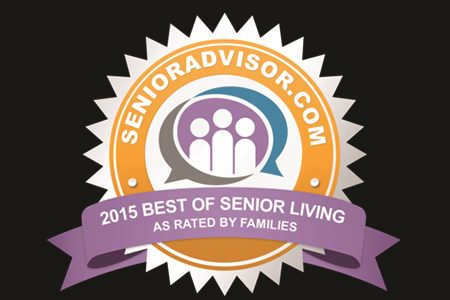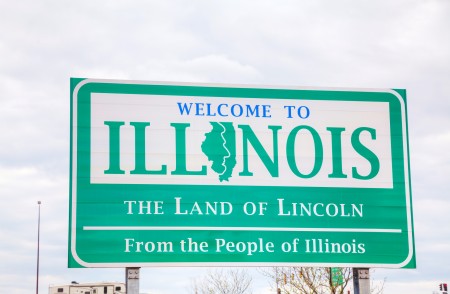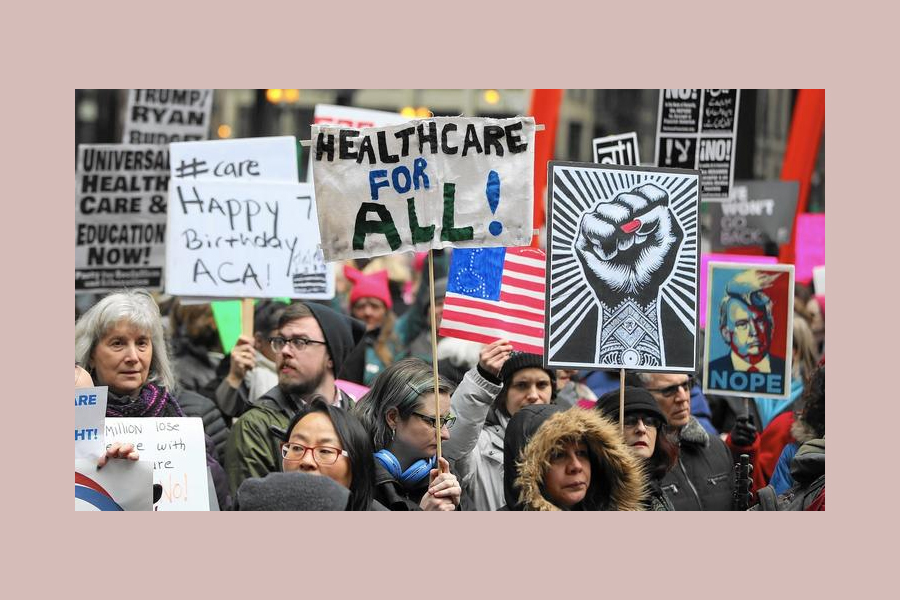By Cathy Cunningham, Pioneer Press – originally published by The Chicago Tribune
As open enrollment for health insurance begins Wednesday, Nov. 1, and several changes have occurred or been proposed, I decided to check in with two industry experts for their advice on what you need to know.
Kathy Lipscomb, health care advocacy consultant at KL Services, LLC in Skokie; and Michele Thornton, Health Insurance Consultant at Thornton Powell Insurance Financial Services in Oak Forest, identified for me some of the most critical issues and uncertainties currently surrounding the health insurance marketplace about which they feel consumers should be most aware.
Shortened enrollment period
For the first time, open enrollment via the health insurance marketplace (www.GetCovered.Illinois.gov, here in Illinois) will last only 45 days: Nov. 1 through Dec. 15. This is a significant change from previous years’ enrollment periods, which lasted three months, and almost always included an extension. There are few indications that an extension beyond Dec. 15 will be offered this year.
Some employers are enrolling employees in health insurance plans earlier and for shorter periods of time this year due to more complex federal rules and uncertainty surrounding future rate hikes. Be aware: Some employers are offering insurance to only those employees who cannot obtain coverage via a spouse’s plan.
Elimination of subsidies
The Department of Health and Human Services announced on Oct. 12 that cost sharing reduction (CSR) payments will be discontinued effective immediately. CSRs are federal government subsidies provided to insurers to reduce the amount low-income consumers pay for deductibles, copayments and coinsurance. A congressional bipartisan agreement was recently announced proposing these subsidies continue for two more years, but a vote has yet to be taken and its prospects for wider bipartisan support are uncertain. This uncertainty is anticipated to significantly increase premiums for plans offered via the exchange.



















